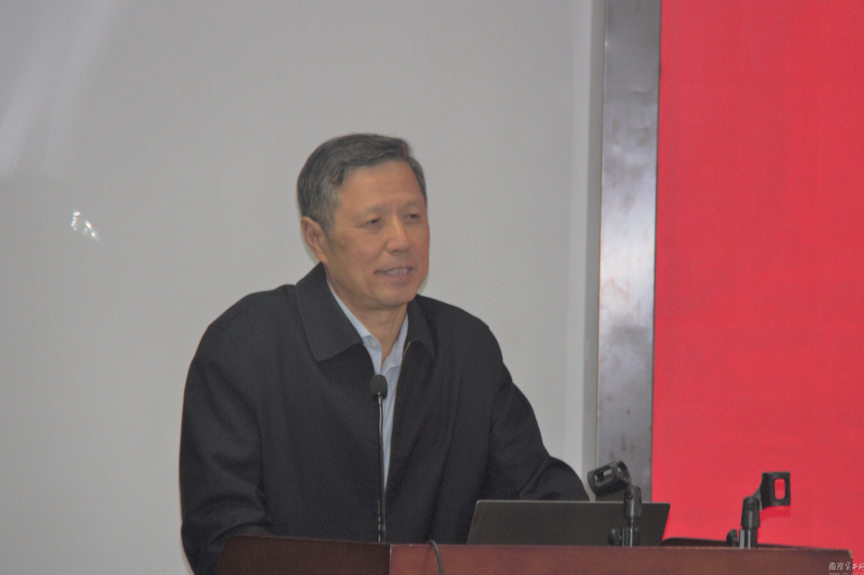Macro-Finance Salon (No. 130): Changes in the Core Indicators of China's National Economic Accounting since the Establishment of P.R. China
2019-10-11 IMI Professor Xu Xianchun gave a detailed introduction to the changes in the core indicators of China's National Economic Accounting in the past 70 years in three parts. First, the main content of China MPS national income accounting. He pointed out that MPS is a set of national economic accounting system established by the Soviet Union to adapt to the needs of the highly centralized planning management of the national economy. National income is the core indicator of this system, including national income production accounting and national income use accounting. Second, the transition from MPS national income accounting to SNA gross domestic product accounting. He analyzed the transformation process, the transformation method, and the conversion of historical data. Third, the development of China's GDP accounting. He proposed the following four aspects: first, the definition of GDP and the revision of production scope; second, the enrichment and standardization of the source of resources; third, the revision and refinement of basic classification; fourth, the improvement of accounting methods.
In the discussion session, Wei Benhua raised questions about the selection of domestic and international standards for the core indicators of GDP accounting methods and the impact of purchasing power evaluation PPP conversion methods on GDP accounting. At the same time, he said that we should encourage more young people to gradually play a greater role in the field of international intelligence.
At the end of the meeting, Professor Xu Xianchun made detailed answers on the data credibility, the cause of the gap between real GDP and nominal GDP proposed by the guests and other participants, and expressed hopes for further discussion with everyone.
Professor Xu Xianchun gave a detailed introduction to the changes in the core indicators of China's National Economic Accounting in the past 70 years in three parts. First, the main content of China MPS national income accounting. He pointed out that MPS is a set of national economic accounting system established by the Soviet Union to adapt to the needs of the highly centralized planning management of the national economy. National income is the core indicator of this system, including national income production accounting and national income use accounting. Second, the transition from MPS national income accounting to SNA gross domestic product accounting. He analyzed the transformation process, the transformation method, and the conversion of historical data. Third, the development of China's GDP accounting. He proposed the following four aspects: first, the definition of GDP and the revision of production scope; second, the enrichment and standardization of the source of resources; third, the revision and refinement of basic classification; fourth, the improvement of accounting methods.
In the discussion session, Wei Benhua raised questions about the selection of domestic and international standards for the core indicators of GDP accounting methods and the impact of purchasing power evaluation PPP conversion methods on GDP accounting. At the same time, he said that we should encourage more young people to gradually play a greater role in the field of international intelligence.
At the end of the meeting, Professor Xu Xianchun made detailed answers on the data credibility, the cause of the gap between real GDP and nominal GDP proposed by the guests and other participants, and expressed hopes for further discussion with everyone.
